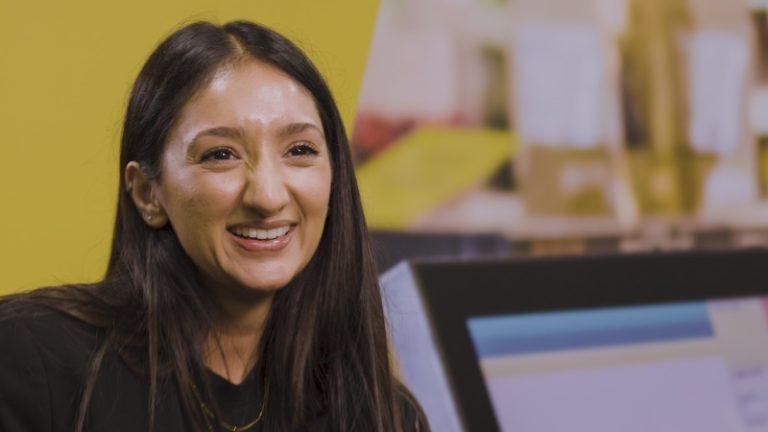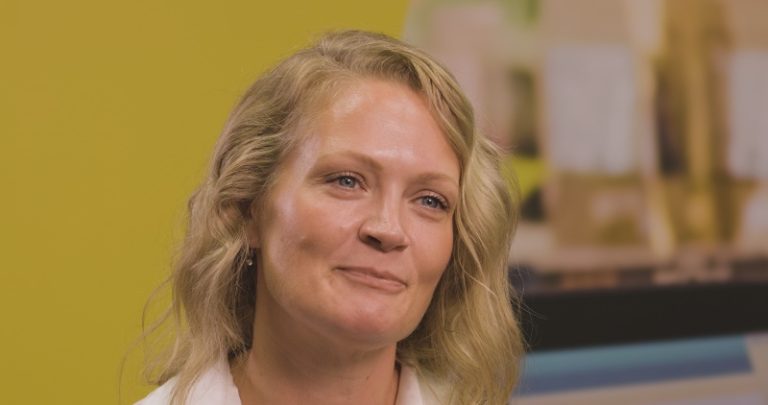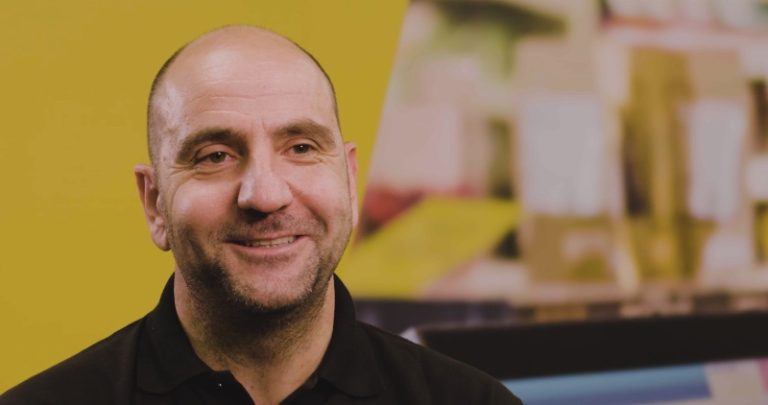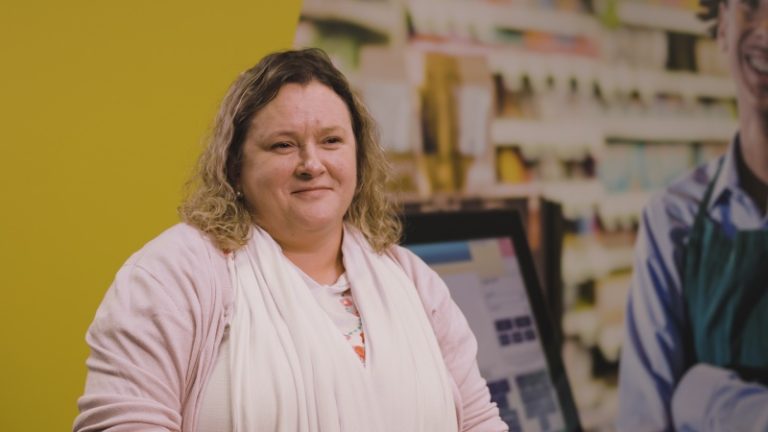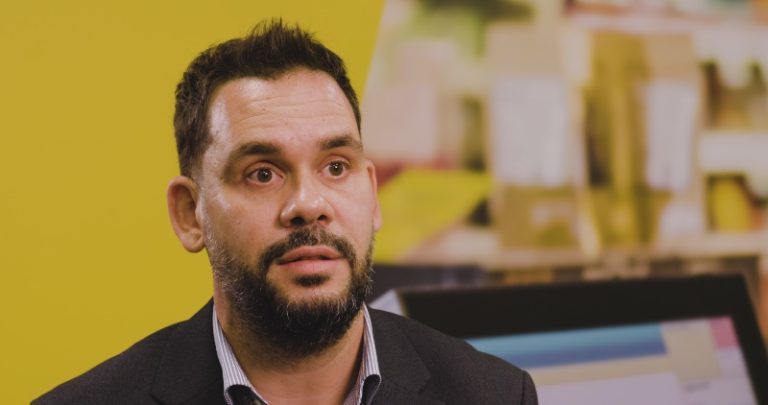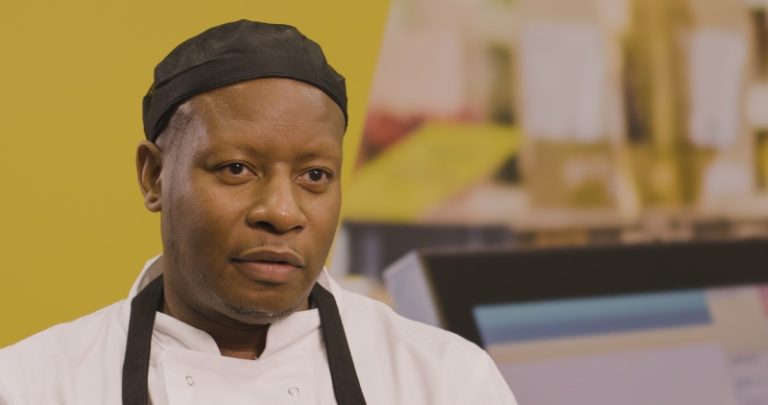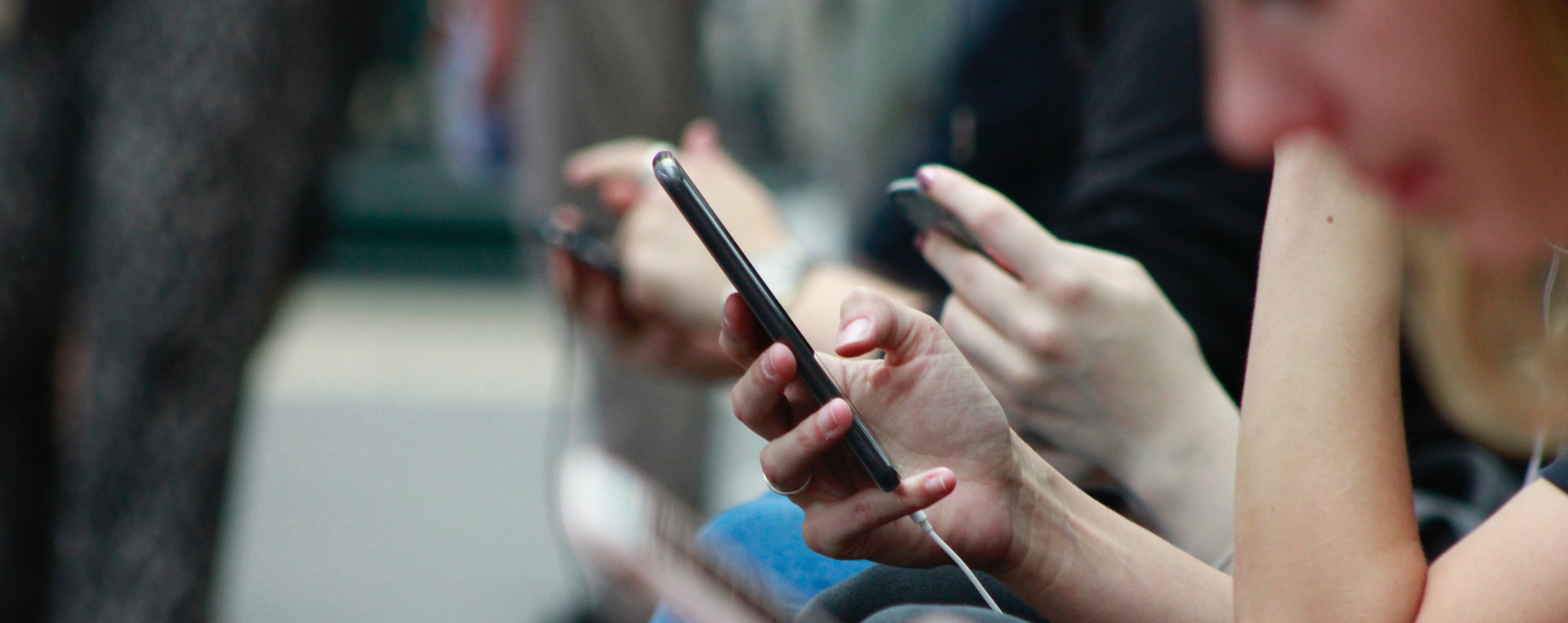
The internet and social media are great ways to find things out and connect with people. Take a look at these handy hints to make sure you look after yourself online too.
Think before you post
Taking a few seconds to check before you post can save you a lot of hassle. See if your post passes the teacher test – if it’s not something you’d want your parents or teachers to see, it might not be a good idea to share. Remember, once you put something online, it’s out of your control.
Even if your post seems harmless, think about how it could look to other people. It’s much easier to take things the wrong way on a screen, than it is face-to-face. What does your post say about you? Stuff online has a habit of sticking around and getting passed on. So what’s funny right now can soon seem the opposite (and what about in three or five years’ time?). And that comment or photo meant just for your friend can look very different if it goes viral…
A good rule of thumb is to be kind and positive. If you see something you disagree with, remember you don’t have to respond. It’s usually much easier to work things out in person rather than get into an argument on social media. And if you see something you’re not comfortable about, speak to a trusted adult or contact a helpline.
Get tough with your password and settings
Choose a password that is hard to guess – try using a mix of letters and numbers. It’s a good idea to change your password regularly. Use different passwords for different sites and keep your password to yourself! This can help prevent other people hacking into your accounts.
Don’t give out personal information such as your address, phone number or any other details which could make it easy to identify you.
Keep your settings private to limit who can see your pages. But remember, people you don’t know will be able see information you share with others through their pages, so nothing you put online is ever really private.
See Safer Internet’s useful list of safety features on social networks.
What would you do face-to-face?
One of the easiest ways to stay safe is to see the online world as a real person you don’t know. Would you give a stranger in the street an embarrassing photo of yourself? Tell them where you live? Say unkind things? Or agree to meet them? Even if you see them as a friend, you don’t know who they really are. Some people online pretend to be someone else.
If it’s not something you would do face-to-face, don’t do it online. And always tell a trusted adult if someone online asks to meet you.
Get help
If there’s something you are not happy about or which makes you uncomfortable, the best thing to do is to speak to a parent, teacher or other trusted adult.
See more about online and mobile safety on Childline or call their free helpline to speak to someone.
Find out more
Check out the BBC’s Own It campaign for more tips on dealing with digital dilemmas.
Take a look at Doteveryone’s #Betterinternetter campaign for more ways to take control of your digital life.
